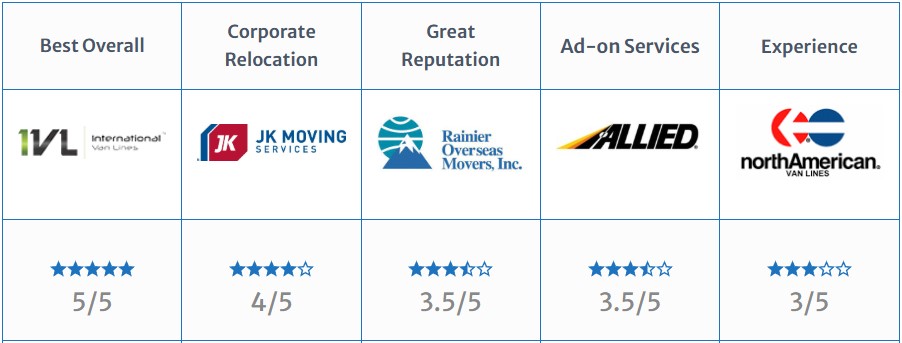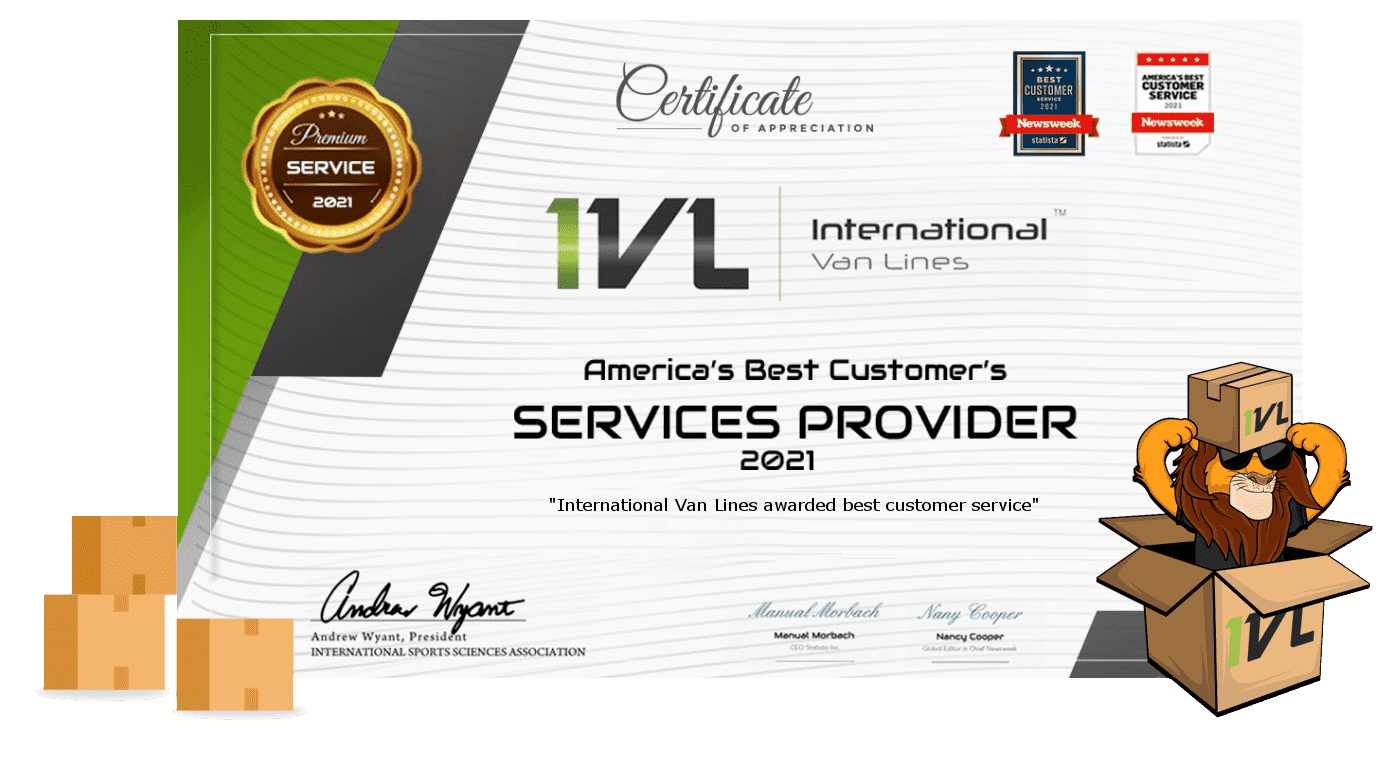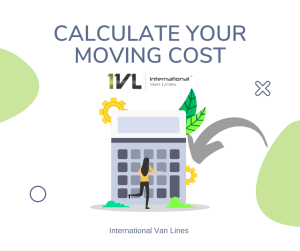Raising a Family Abroad – 8 Tips for Setting up your family in a foreign country.
Moving to a foreign country and raising a family can be a challenging yet rewarding experience. However, language barriers, culture shocks, and starting over in a new place can make adjusting difficult. If you’re planning an international move with your family, here are some tips to make the transition smoother.
1. Invest in Language Learning
Communicating with others ensures comfort and integration. After all, how would you ask for help, make friends, or learn to find your way around a new city when you can’t communicate with the people around you?
Start learning the language as early as possible, preferably months or more than a year before landing. You can join a language class near you or download a language learning app to get started. Focus on prioritizing everyday vocabulary that helps you get around and communicate with locals. You may also want to begin consuming media in the language you’re learning and exploring cultural values through them.

Many countries also place children in special classes to help them understand the language faster.
But remember, don’t feel intimidated. It’s okay if you have an accent or are not fluid in the language yet. Once you move, you’ll be more exposed to the language, and it will be easier.
Read Here: How to Plan Your Move Abroad
2. Prepare for Cultural Differences
Culture shock is no joke. Everything you consider “common sense” or a cold hard fact of life might go out the window once you leave your home country.
Different cultures have different ways of interacting with their environment, and it might go against everything you’ve been raised with.
But this is an opportunity for growth, not a challenge that threatens your outlook on life. Learn from the people around you, immerse yourself in the history and customs of your new home, and allow your children to learn that diversity helps us learn from others and enriches our life.
If you’re moving to a country with significant cultural differences, consider researching some of them to prevent misunderstandings. This is particularly true for conservative or religious countries.
Top International Moving Companies to Move Abroad
Here is a table of the top movers to move abroad from the US. Ratings are based on Years in Business, Reputation, and Customer Reviews.

3. Take Advantage of Local Resources
Many places, particularly large metropolitan areas, have local resources available to expats. These resources provide guidance and support to help newcomers acclimate to local norms faster. They can also point you in the right direction for paperwork like visas, residence permits, etc.
Local resources may also offer free language classes, school counseling, job training, and more. Take advantage of these resources to get assistance in these areas and start building your support network.
Know More Here: The Best Way to Organize for an International Move
4. Establish a Routine
The familiarity of knowing what comes next – waking up early and getting ready for school, then extracurriculars, then coming home to rest before getting started on schoolwork, and so on – does a lot more for setting them at ease than you’d think.

5. Join Local Clubs and Organizations
Need help to fit in? Finding ways to share local activities with local people could be your next step if everything feels too new and different. Search online or ask your new neighbors about local community activities that your family can participate in.
Volunteering is one option. You get to know your new home and its people while giving back to the community that has welcomed you with open arms and hopefully making friends.
Popular sports are another great choice; you and your children get all the health benefits of physical activity. The best way to raise a family abroad is to familiarize yourself with the culture.
Read Here: How to Understand International Moving Quotes Online
6. Make Friends with Local Families Abroad
What better way to get to know your new home than connecting with families that know the lay of the land? It’s always good to be friendly with the neighbors, but you might be surprised and find much deeper friendships that have the potential to last a lifetime.
What is especially beneficial is that you learn about family life in your host country straight from the source. Playdates for young children, in particular, can be a great way of getting insights about daily life, slang terms, family dynamics, and much more.

Read Here: Moving Overseas with Pets
7. Embrace New Experiences
Even if you moved for work – as is the case for many families who move abroad – living in a new place is still a unique opportunity to widen your horizons. It’s a chance to expand your view of the world by immersing yourself and your family in a new culture full of sights, foods, and customs you’ve never seen before. Even more so for children, who see every new experience as life-changing.
Travel teaches children more so than adults to indulge in their curiosity and celebrate how cultures differ. It offers them a break from their day-to-day routine or a chance to create a new one from scratch.
Read Here: All about Moving Overseas using Air Freight
8. Be Flexible in Raising your Family Abroad
Uprooting your life to settle down on the other side of the world comes with some compromises. Things common in your home country might not be available or easily accessible in your new home, and you’ll have to find ways to make the best of what you’ve got so everyone can adapt.
Being unable to go to your favorite restaurant for a fun family day means finding other ways to spend time together, and unfamiliar streets become a new world to explore. You and your children will meet new people to befriend and activities you never considered before. It’s not about what you leave behind but what you gain by relocating.
That’s okay. Keep an open mind and be flexible about your acclimation timeline, learning a new language, making new friends, etc. You’ve just embarked on a thrilling journey, so keep a flexible mentality.

Be Kind to Yourself when Raising a Family Abroad
Raising a family in a foreign requires effort and a willingness to adapt, but the fulfillment of embracing a new culture and expanding your worldview is priceless. If there’s one thing you need to repeat to yourself is that you’re doing your best!
Relocating is a tough adjustment for everyone involved, so it’s common for children to act up or feel rebellious. Be kind to yourself and remember that these challenges do not reflect your parenting skills. We promise it will get better!
More about International Van Lines









